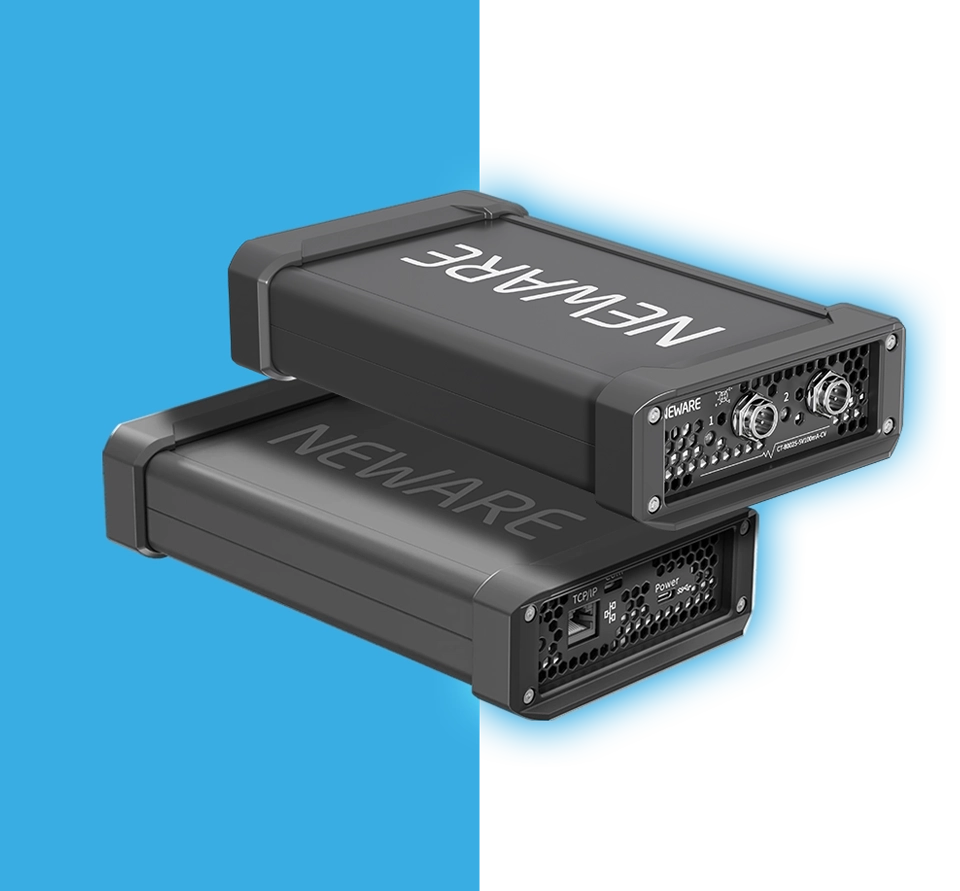
Comprehensive Functions: supports various modes like constant current/voltage/power charge-discharge, pulse charge-discharge, constant resistance discharge, CV, and EIS. Multi-level cycling meets material research and battery assessment needs.
High Accuracy: ±0.01% of F.S. voltage/current accuracy, <0.02% F.S. stability ensure reliable data.
Pulse Testing: 5ms minimum pulse width, 32 pulse settings, ≤20μs charge/discharge switching for high-rate dynamic analysis.
Multi-Range Support: 0.1mA–100mA current, ±5V voltage (with -5V discharge capability) for diverse battery testing.
Fast Response: ≤20μs current rise time, 1000Hz sampling frequency, millisecond-level step time for precise transient response capture.
*CT/CE: Battery charging-discharging test system. "E" indicates that this equipment is equipped with energy feedback function.
NEWARE battery testing system now supports CV measurements.
CV testing seamlessly integrates with charge-discharge testing without the need to move the battery.
CV steps can be combined with charge-discharge cycles, allowing flexible adjustment of testing workflows.
High-precision voltage and current control deliver exceptional accuracy and reliability for CV testing.
A high sampling rate facilitates increased data collection, thereby providing more comprehensive CV test information.
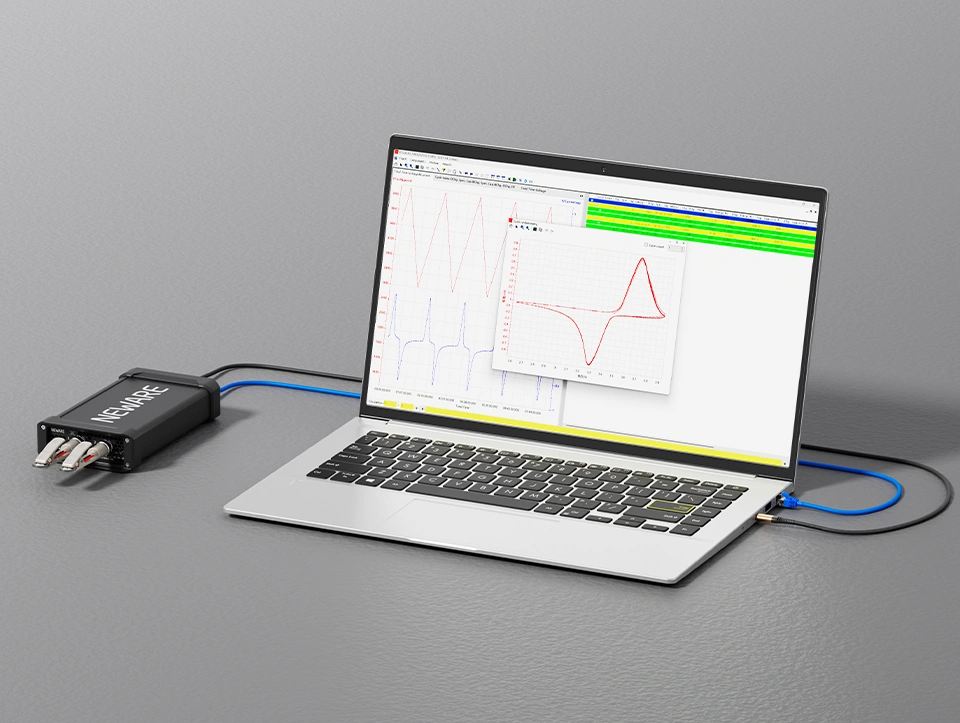
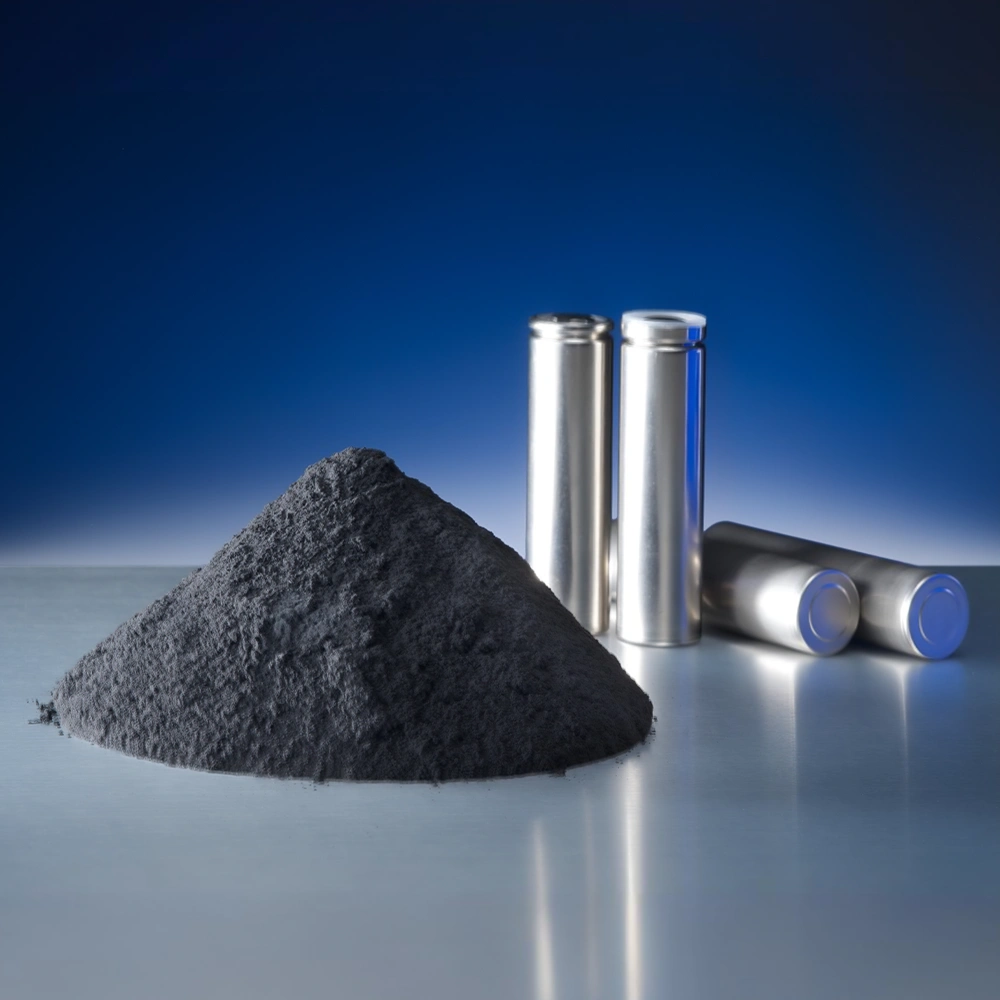
We specialize in battery preparation technology research, focusing on overcoming existing energy storage challenges by innovating in electrode materials, battery chemistry, and manufacturing processes to improve performance, enhance safety, and reduce costs. Sustainability and recycling technologies for batteries are also emphasized to mitigate environmental impacts and foster the growth of green energy.
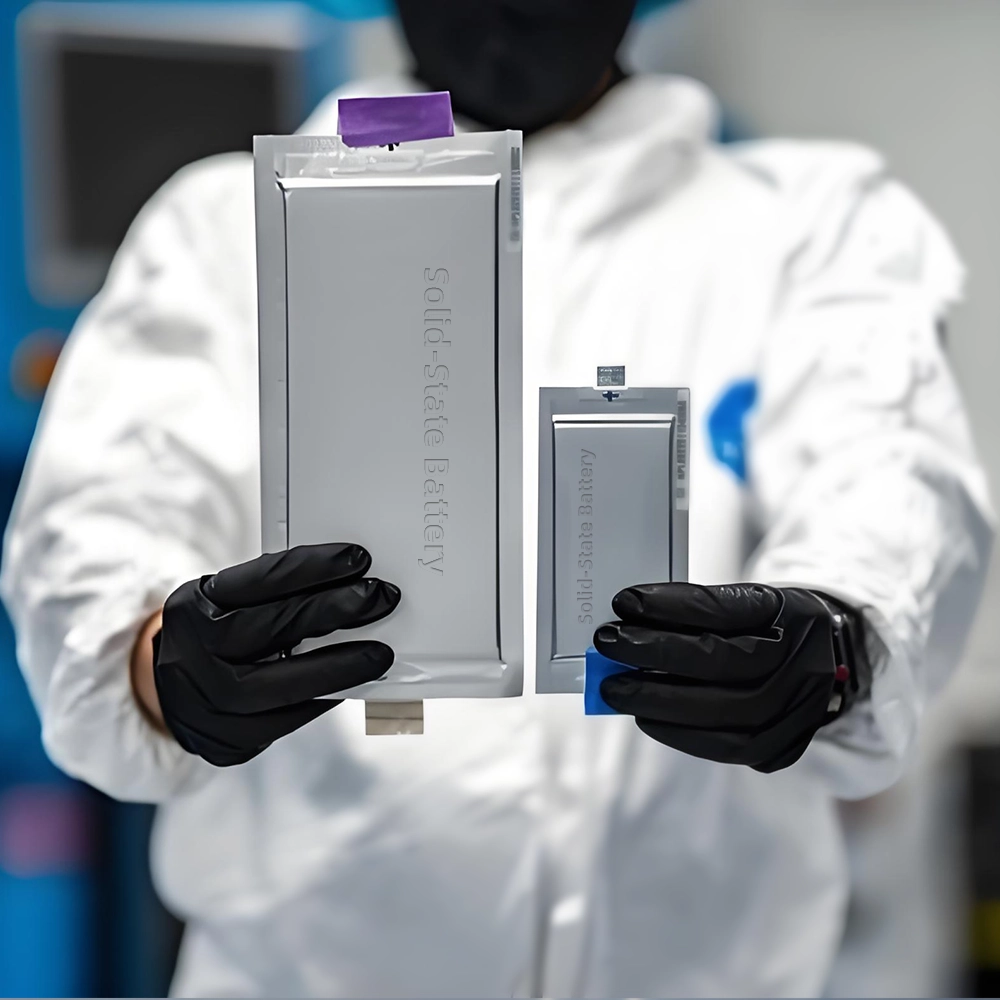
The lab focuses on solid-state battery research to overcome traditional lithium batteries' safety and energy density issues, supporting environmental sustainability. It develops innovative solid-state electrolytes, refines electrode materials, and investigates ion transfer and interface stability to revolutionize battery technology.
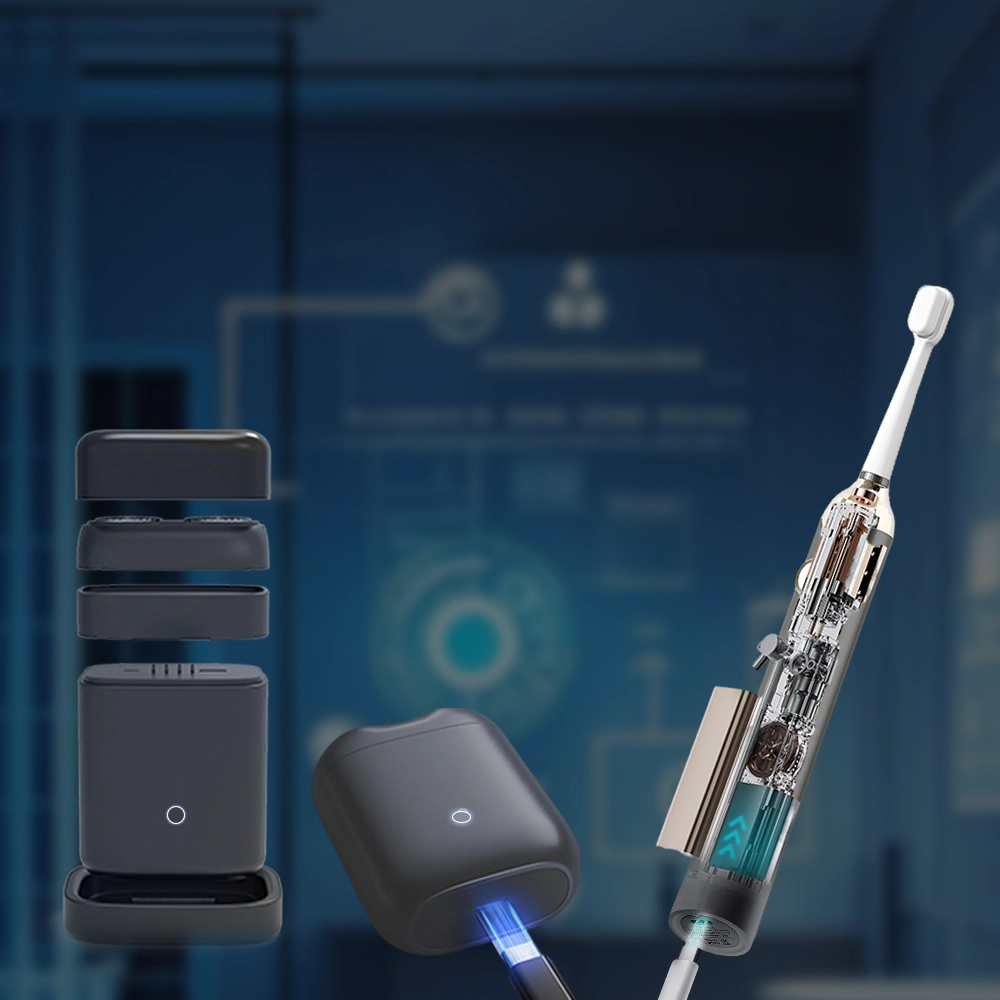
Electric toothbrushes and electric shavers typically use lithium batteries or nickel-metal hydride (NiMH) batteries as their power sources. These batteries must have high energy density, long battery life, and good safety performance. Battery life directly affects the user experience, while charging speed and safety are the focus of consumer attention.